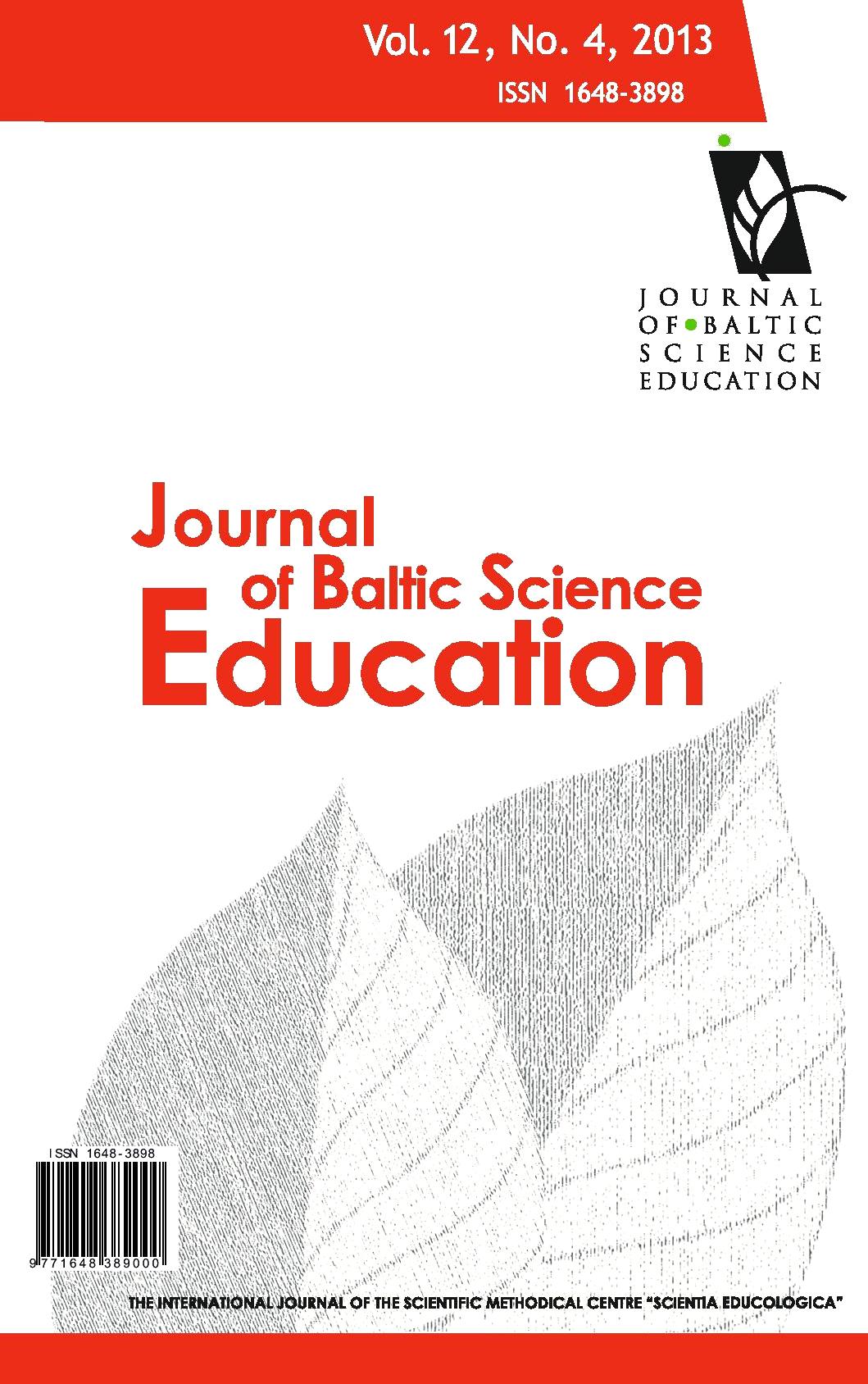IMPACT OF THE SOCIO-CULTURAL CONTEXT ON STUDENT SCIENCE PERFORMANCE AND ATTITUDES: THE CASE OF ESTONIA
IMPACT OF THE SOCIO-CULTURAL CONTEXT ON STUDENT SCIENCE PERFORMANCE AND ATTITUDES: THE CASE OF ESTONIA
Author(s): Imbi Henno, Priit ReiskaSubject(s): Social Sciences, Education, Pedagogy
Published by: Scientia Socialis, UAB
Keywords: PISA; socioeconomic background of students and schools; students’ science performance and attitudes; teaching practices;
Summary/Abstract: This study analysed how to explain the statistically significant differences between the science mean scores and attitudes of students in different language instruction schools. Estonian schools were grouped according to their socioeconomic intake relative to the national average into three categories: advantaged, disadvantaged and mixed schools. The analysis of the socioeconomic composition of different language instruction schools showed that the Estonian and Russian language instruction schools are mostly mixed schools. The results did not support the assertion that weaker performance is connected with disadvantaged background of students or schools either. Although students in Russian language instruction schools reported higher levels of motivation, more innovative classroom activities and they were more informed about science-related careers, the students in Estonian language instruction schools outperformed the Russian-speaking students in science. The results support an opinion that the students’ performance and engagement differences are rather connected with classroom level instructional approaches and learning culture.
Journal: Journal of Baltic Science Education
- Issue Year: 12/2013
- Issue No: 4
- Page Range: 465-481
- Page Count: 17
- Language: English

